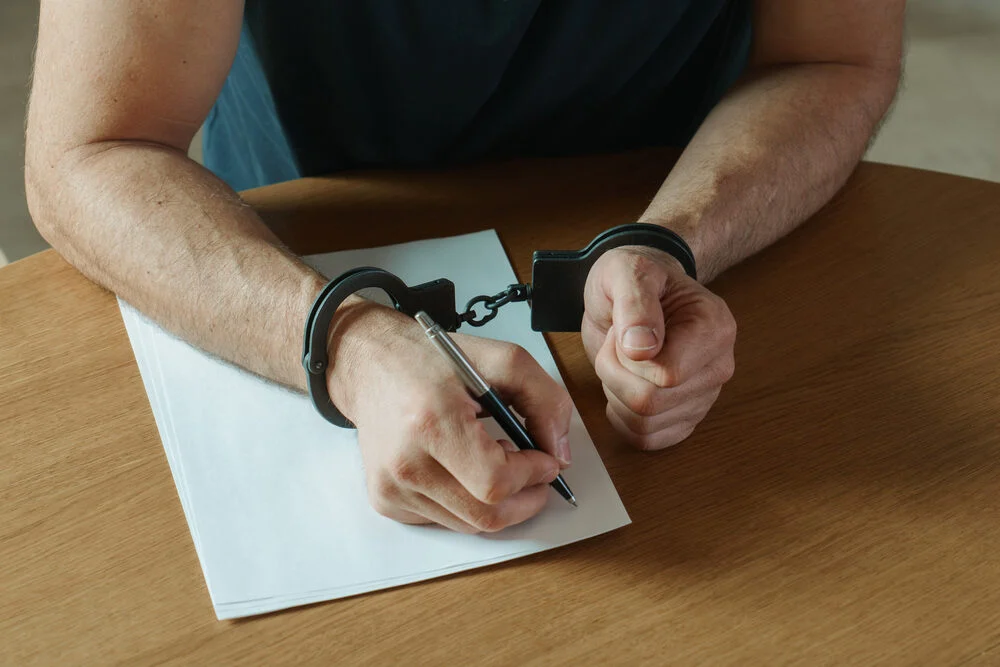If you’re accused of a crime in one state and located in Texas—or the other way around—you could be subject to extradition, which means being legally transferred to face charges where they were filed. This legal process allows law enforcement to return a fugitive or suspect from one state to another to face criminal charges or serve a sentence. But what types of crimes qualify for extradition, and how serious must they be?
At the Law Offices of Bill J. Stovall, we help individuals navigate the complexities of the criminal justice system in Texas—including extradition cases. Here’s what you need to know.
What Is Extradition?
Extradition is the process by which one state surrenders a person to another state for prosecution or punishment. It usually occurs when someone is:
- Facing charges in another state, or
- Fled after violating bail, probation, or parole
Extradition can also apply internationally, but in this blog, we’re focusing on interstate extradition within the United States—specifically involving Texas.
How Does Extradition Work in Texas?
When another state requests the return of an individual, Texas must follow the Uniform Criminal Extradition Act (UCEA), which outlines the procedures for legally transferring someone back to the requesting state.
The process typically involves:
- Arrest on a fugitive warrant
- Notification of the right to contest extradition
- Extradition hearing (if contested)
- Governor’s warrant approval
- Transfer to the requesting state
If the accused waives their right to a hearing, the extradition process can move faster.
What Crimes Can Lead to Extradition?
In general, any offense classified as a felony is eligible for extradition. However, extradition is not limited to felonies. Some misdemeanors may also qualify—especially if the charges are serious, or if the individual fled while on probation or out on bail.
Common crimes that often result in extradition include:
- Felony drug offenses
- Sex crimes
- Violent crimes (e.g., assault, robbery, murder)
- White collar crimes like fraud or embezzlement
- Probation or parole violations
- Failure to appear in court
- Weapons offenses
- Theft and burglary
Even offenses like DWI or domestic violence can result in extradition, depending on the specific circumstances and how aggressively the requesting state pursues the case.
Can You Be Extradited for a Misdemeanor?
Yes, but it’s less common. Many states won’t pursue extradition for minor misdemeanors due to cost and logistics. However, if there is an active warrant and the requesting state chooses to enforce it, Texas authorities can still arrest and extradite the individual.
Can You Fight Extradition?
Yes, if you’re arrested in Texas for extradition to another state, you are entitled to an extradition hearing to challenge the legality of the process. A defense attorney can challenge the legality of the warrant or argue against extradition. However, the hearing is not about guilt or innocence—it only addresses whether the extradition is lawful.
You may also waive your right to contest, which speeds up the process but eliminates your legal defenses.
Consequences of Extradition
Being extradited can have serious consequences, including:
- Extended time in custody
- Damage to your reputation
- Complications with current legal matters or employment
- Added legal fees and transportation costs
That’s why it’s critical to speak with a criminal defense attorney as soon as you’re made aware of a warrant or extradition request.
How a Defense Attorney Can Help
At the Law Offices of Bill J. Stovall, we represent clients facing extradition in and out of Texas. We can:
- Review the legality of the extradition warrant
- Represent you at extradition hearings
- Offer advice on whether contesting the extradition or choosing to waive it would be more beneficial for your situation.
- Work with the originating state to resolve charges before extradition occurs
Facing Extradition? Get Legal Help Immediately
If you or someone close to you is facing extradition in Texas, acting quickly is essential to protect your legal rights and explore all available options. Don’t try to handle the situation alone. Let a skilled attorney protect your rights and work toward the best possible outcome.
📞 Contact the Law Offices of Bill J. Stovall today for a confidential consultation.

